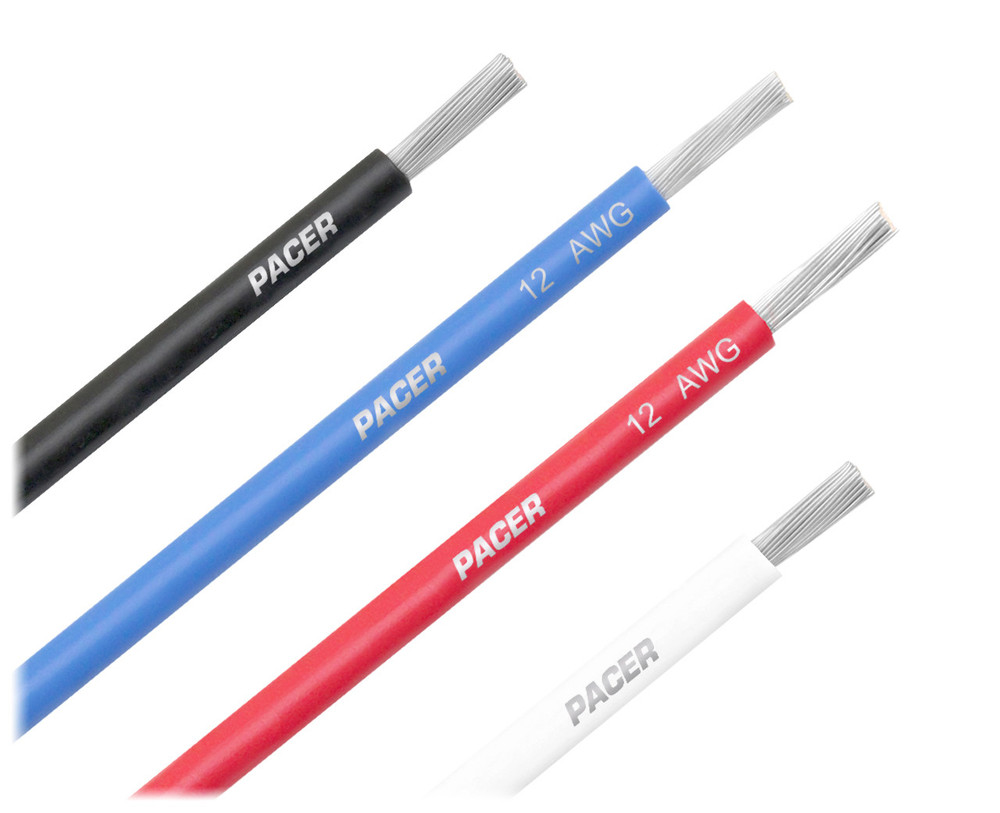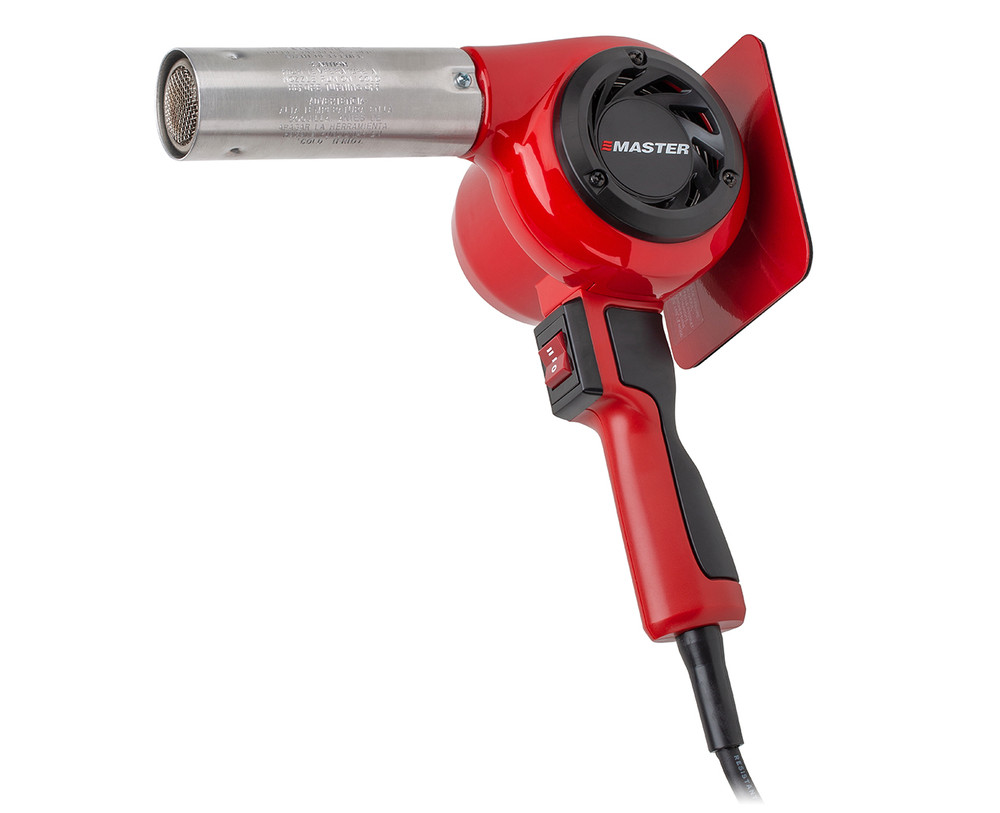
Related Products
Product Description
| Wire Size | Length | Max. Insul. O.D. | Color |
| 22-18 AWG | 1.25" | 0.19" | Red |
| 16-14 AWG | 1.25" | 0.21" | Blue |
| 12-10 AWG | 1.50" | 0.28" | Yellow |
Butt splices are a type of connector used to safely connect one or more wires to another wire. Their economical pricing as well as their ease of use make them common in electrical systems. Heat shrink butt splices create an environmentally sealed connection to handle harsh conditions.
First, make sure you have correctly stripped the wires to the proper length. Inside of the butt splice, you will see an indentation your wires should butt up against. Be careful to make sure that the butt splice and the wire insulation are touching. Otherwise, you run the risk of damaging the wire due to exposure. So, the stripped wire is inserted into one side of the butt splice and crimped with the proper tool. This crimp bends the connector around the wire creating a solid connection. Next, you simply repeat the process on the other side. Alternatively, you can crimp the other end creating a dead end.
Before you heat it, don't forget the tug test. Once your wire is properly crimped, apply heat to the butt splice working outward. Be careful not to burn the butt splice or the wire insulation. And now you've created a durable, environmentally protected connection. Remember, butt splices are useful for their rapid installation and durability. Other methods of connection may not offer the same level of protection.
Characteristics:
- Shrink ratio: Apprx. 3-1 at 135 °C
- Operating Temp: -55 °C - 125 °C
- Vol. Resistivity: 1015 Ohm-cm3
- Dielectric Strength: 900-V/mil
- Voltage Rating: 600-V
Compliances:
- UL
- CSA
- RoHS
Features:
- Protects terminations from water, condensation, salt spray and corrosion
- Added vibration protection in rugged environments
- Provides strain relief
- Cost effective
Product Reviews
Write ReviewThis product hasn't received any reviews yet. Be the first to review this product!








